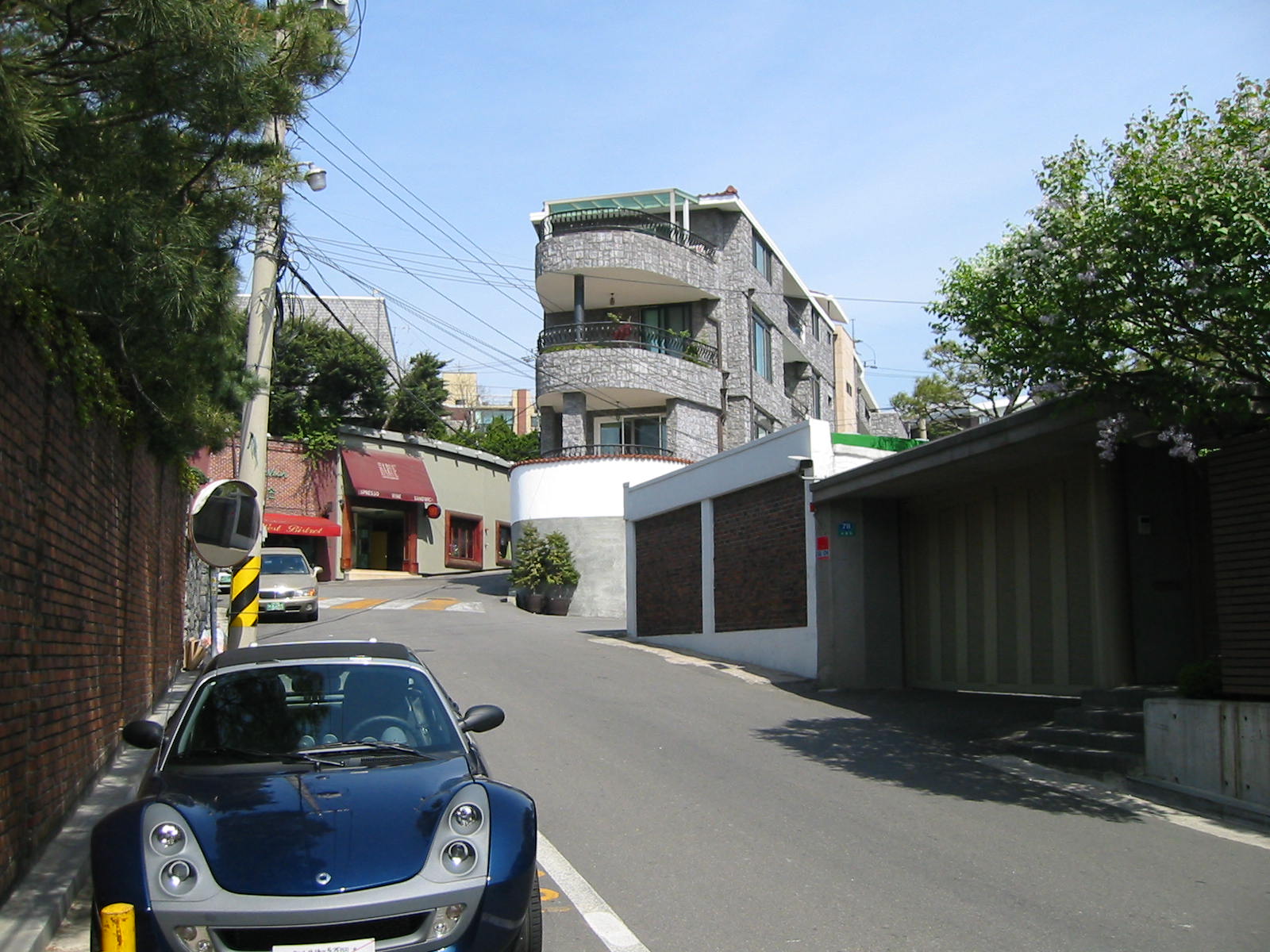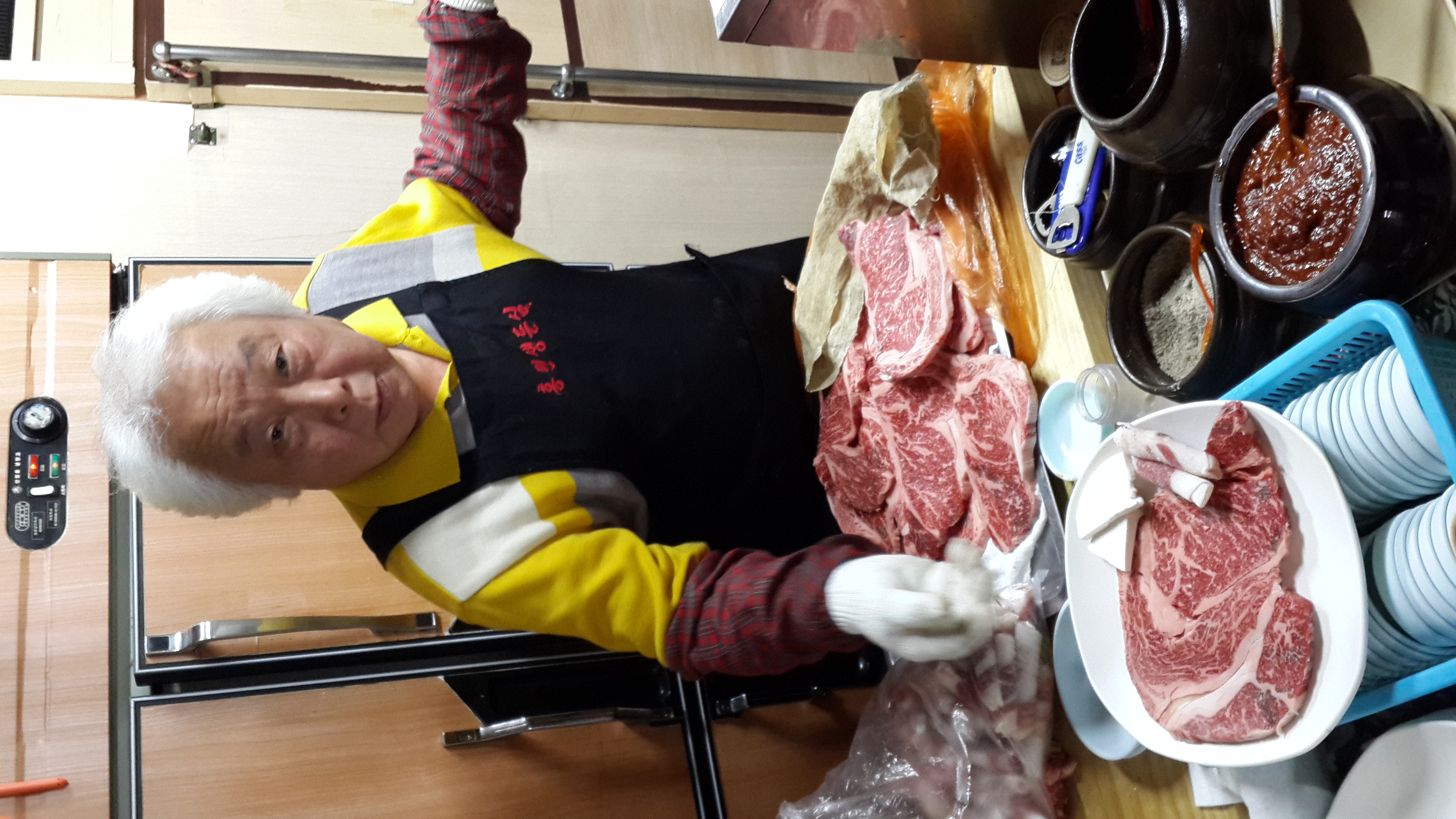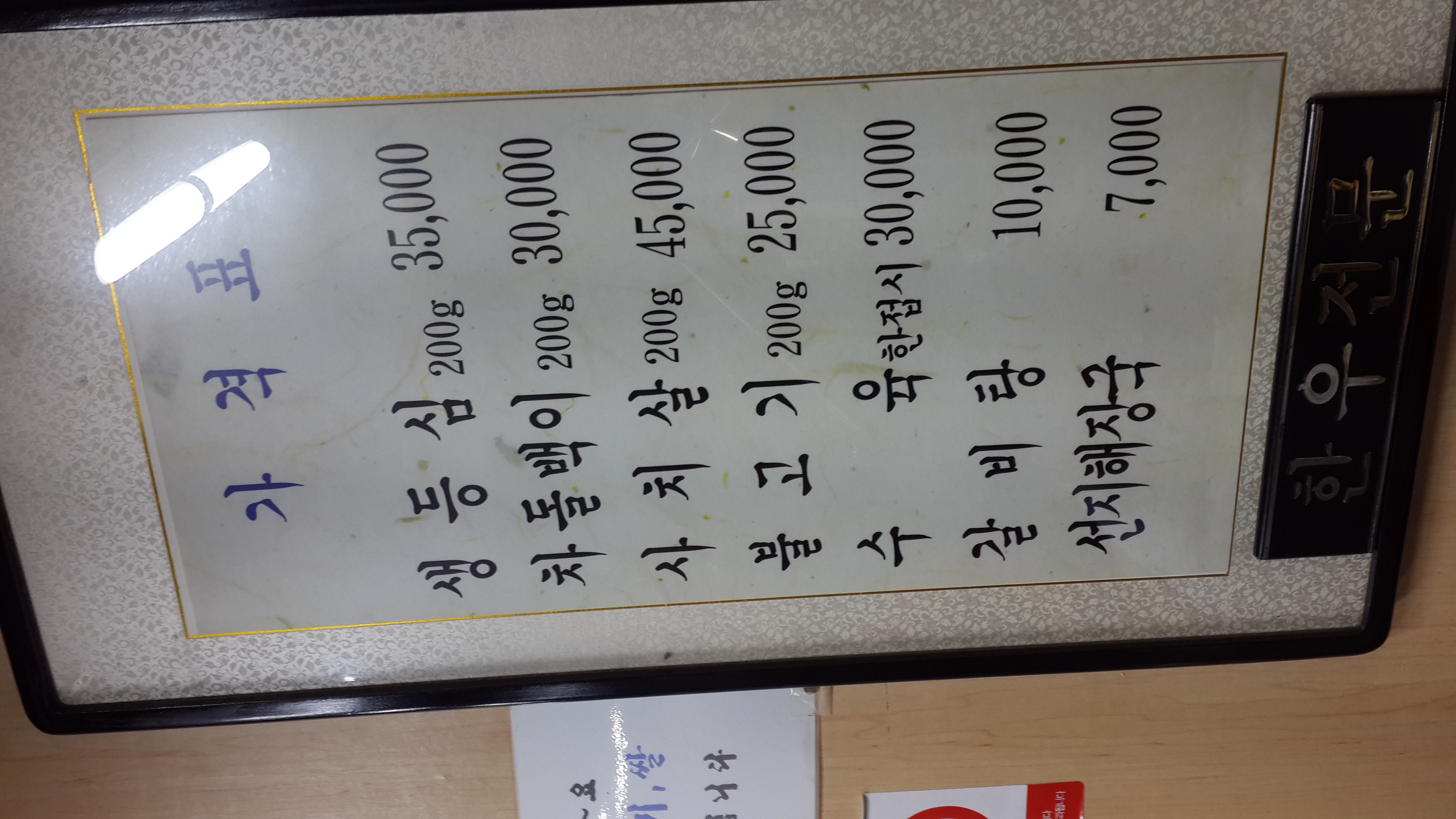Confucianism's Influence on Korean Society and Culture
Korea is often regarded as the most Confucian of all Asian countries, even though the roots of Confucianism are in China. For centuries, this philosophy has shaped Asian culture and society, influencing everyday life in countries like China, Japan, Singapore, Vietnam, Taiwan, and especially Korea. The Confucian values I am familiar with include respect for authority and the elderly, reverence for parents and ancestors, obedience, kindness, diligence, and mutual assistance. Many of these values become evident the moment you enter the country. For instance, people bow deeply when greeting one another, and when shaking hands with a superior or an elder, they place their left hand on their right arm. This ritual is also observed during meals, when raising a glass for a toast. The higher the rank of the person, the higher you place your left hand on your right arm.

Part of my home for 3 years, Seoul, Villa Figaro, YongSanGu HanNamDong
In the Joseon Dynasty, Koreans wore clothing with long, wide sleeves. When pouring drinks for others, they had to hold their sleeves to prevent them from dangling. At that time, everyone was expected to be right-handed (left-handed individuals were rigorously trained to switch). As a result, when pouring drinks, people would naturally hold their right sleeve with their left hand. Though this is no longer necessary today, it has endured as a gesture of politeness in Korean society. It was also considered rude to look directly into the eyes or face of elders or authority figures when seated with them at the table; the head was to be slightly bowed. Korean drinking customs reflect these values. Additionally, handshakes, introduced by foreigners, were adapted by Koreans, who added their own respectful touch by placing the left hand under the right wrist or elbow during the gesture—an inherently hierarchical display of respect.

A very special Restaurant, best Galbi in Town (high Quality). You basically eat in the kitchen.

my favorite: Seng Galbi BBQ

my favorite: Seng Galbi BBQ
A strong example of filial piety in Korea can be seen through an old friend of mine, Du Ill. To this day, he feels a deep obligation to support his parents financially and repay them for the opportunities they gave him during his studies in Germany and his subsequent Ph.D. We meet regularly, and on one occasion, he told me that he had bought a new car for his father, now 80 years old. For him, this was a given. Additionally, I know that he supports some of his siblings financially on a monthly basis—an act of Confucian mutual aid.
While China is the birthplace of Confucianism, it has developed quite differently from Korea. Individualism has firmly taken root in modern China. After years of revolutions and upheavals, especially the brutal Cultural Revolution, personal well-being has become the priority for modern Chinese, with the state and society playing a much smaller role. In contrast, in Korea, people work for a company and identify closely with it. In China, many employees feel little personal connection to their employers—whether they work for one company or another often makes little difference to them.
Korea’s prosperity, along with that of other Asian countries, can be partly attributed to Confucian principles. The diligence of Koreans is well-known: they work tirelessly to ensure both their own success and the success of the company. This is especially evident in international investment markets. Companies like Daelim, Hyundai, LG, and Hanwha, to name just a few, are industry leaders, often offering prices that surprise their competitors. It’s no wonder, as Koreans are known to work late into the night, if necessary, to optimize even the smallest profit margins.
Another defining characteristic of Koreans is their strong sense of national pride. This pride is reflected in their preference for supporting their own economy, which makes it challenging for foreign companies to establish themselves in Korea. The Korean government also actively encourages local value creation.
However, capitalism has unfortunately introduced a degree of double standards, especially in the treatment of the elderly. What my friend Du Ill does for his parents may gradually disappear in Korea, as it has in many other parts of the world. Nevertheless, Korea still retains a strong sense of collective responsibility, coming together when needed for the good of the country. A remarkable example of this was during the Asian financial crisis of 1997/98, when many Koreans even donated their wedding rings to help the nation.
I also visited the North Korean side from the South Korean border at the so-called Demilitarized Zone (DMZ). This buffer zone divides the Korean Peninsula into North and South Korea. It was established after the three-year Korean War in 1953 and stretches from the west–southwest to the east–northeast across the peninsula. I even crawled into one of the tunnels dug by North Korea. It was truly fascinating. I walked hunched over for several hundred meters until I reached the sealed-off section. At the border itself, there wasn’t much to see apart from guards standing like statues at the demarcation line — and I was unlucky with fog that day. Only a small, modern-looking settlement was visible on the North Korean side. It is said that the lights in the houses switch on and off at the exact same time every morning and evening.
Note:
Filial Piety is a key virtue in many cultures, especially in
Confucianism, that emphasizes respect, care, and obedience towards one's parents and elders.
The term originates from the Chinese concept "xiào" (孝), which is central to Confucian
philosophy and values.
Key Aspects of Filial Piety:
Respect and Reverence:
Children are expected to respect their parents and elders,
showing them honor in words, actions, and attitudes.
Obedience:
Children should obey their parents' wishes and decisions, and consult
them on important matters in life, like marriage, education, or career.
Care and Support:
Filial piety involves taking care of parents in their old age,
ensuring their well-being, and providing financial or emotional support if needed.
Mourning:
A child should properly mourn the death of parents, often observing rituals or
traditions that honor their memory.
Sacrifice:
At times, filial piety can require personal sacrifice, as children are expected to put
their parents' needs above their own desires or ambitions.
Confucianism: In Confucian thought, filial piety is considered the root of moral behavior.
Confucius emphasized that a harmonious society starts with the family, and one's duty to their
parents and ancestors.
East Asian Societies: Filial piety plays a major role in shaping family dynamics in China, Japan,
Korea, and other East Asian countries, influencing legal systems, social expectations, and
everyday life.
Religious Influence: In many religious traditions, honoring one's parents is seen as a moral
duty or even a divine commandment. In Christianity, the Bible's Ten Commandments include,
"Honor your father and mother."
Modern Interpretation:
While filial piety has traditionally emphasized strict obedience and sacrifice, in modern
times, interpretations vary. Some view it as maintaining respect and care without the rigid
hierarchies of the past. The challenge in modern societies often revolves around balancing
traditional filial obligations with contemporary values of individualism and autonomy.
Source Filial Piety : Explained by ChatGPT, 2024.

